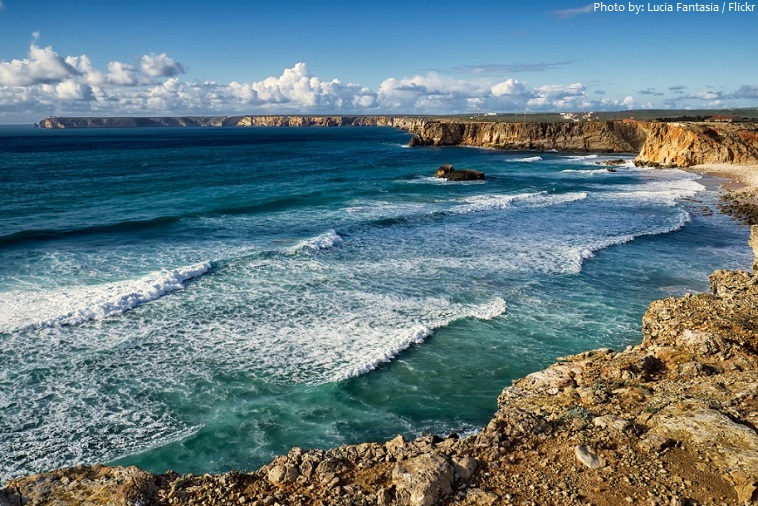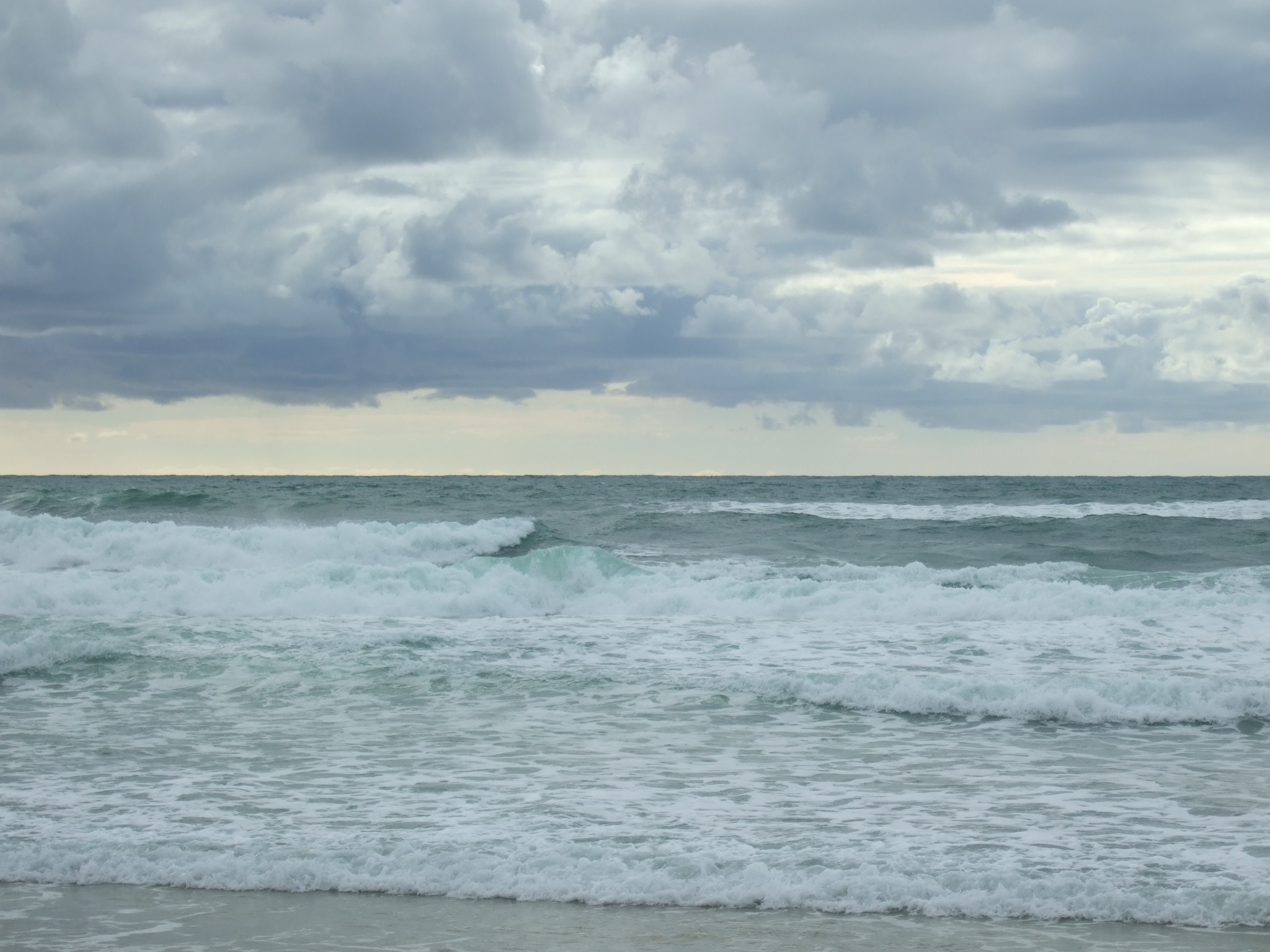

Sunday Post editor Jim Wilson told the AP in an email, “We accurately reported Dr Dryden’s research. The newspaper denies misrepresenting the research and stands by its reporting. The Sunday Post has updated its story and headline to reflect that the research was limited to the equatorial Atlantic Ocean.

“I didn’t have a chance to fact check prior to publication.” “Unfortunately, there was a breakdown in communication with the Sunday Post who wrote and printed the story,” Dryden wrote. Howard Dryden, a marine biologist and the lead author of the research, explained in an email to the AP that the Sunday Post story should have said there has been a 90% decline in plankton in the equatorial Atlantic Ocean. It said the survey involved 13 vessels that all recorded the same results. It was conducted by the Global Oceanic Environmental Survey, which describes its plankton research as a “citizen science” project.Ī report on the group’s findings explains the research team developed its own filter to collect its samples instead of using standard plankton trawls. However, a closer look at the research, which has not been peer-reviewed, shows it was a limited survey in an area of the Atlantic Ocean at 15 degrees north latitude. It used the headline, “Our empty oceans: Scots team’s research finds Atlantic plankton all but wiped out in catastrophic loss of life.” The newspaper described the research as finding that 90% of Atlantic plankton had vanished.

The misconception emerged last week, after the Scottish newspaper The Sunday Post reported on an Edinburgh-based research team’s efforts to sample seawater in one section of the Atlantic Ocean, slightly north of the equator. THE FACTS: Climate change is significantly disrupting the world’s oceans, but experts say it hasn’t caused 90% of the Atlantic Ocean’s plankton to die out, as grim online posts have falsely claimed in recent days. Experts who study global marine life say that if 90% of plankton in the Atlantic Ocean were gone, there would be severe collapse in the ecosystem as a whole. The lead author told The Associated Press it was inaccurate to suggest his research reported that 90% of Atlantic Ocean plankton was gone. This claim is based on a misrepresentation of a limited survey that reviewed water samples for plankton in a section of the Atlantic Ocean. CLAIM: Plankton in the Atlantic Ocean is 90% gone.ĪP’S ASSESSMENT: False.


 0 kommentar(er)
0 kommentar(er)
